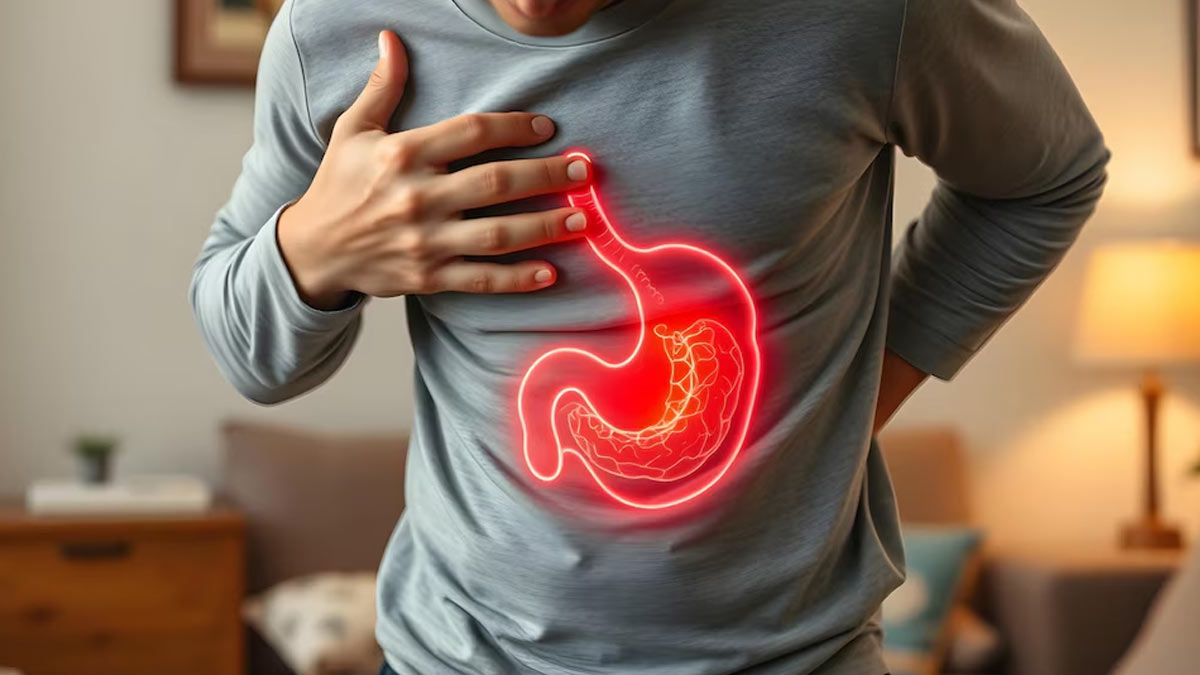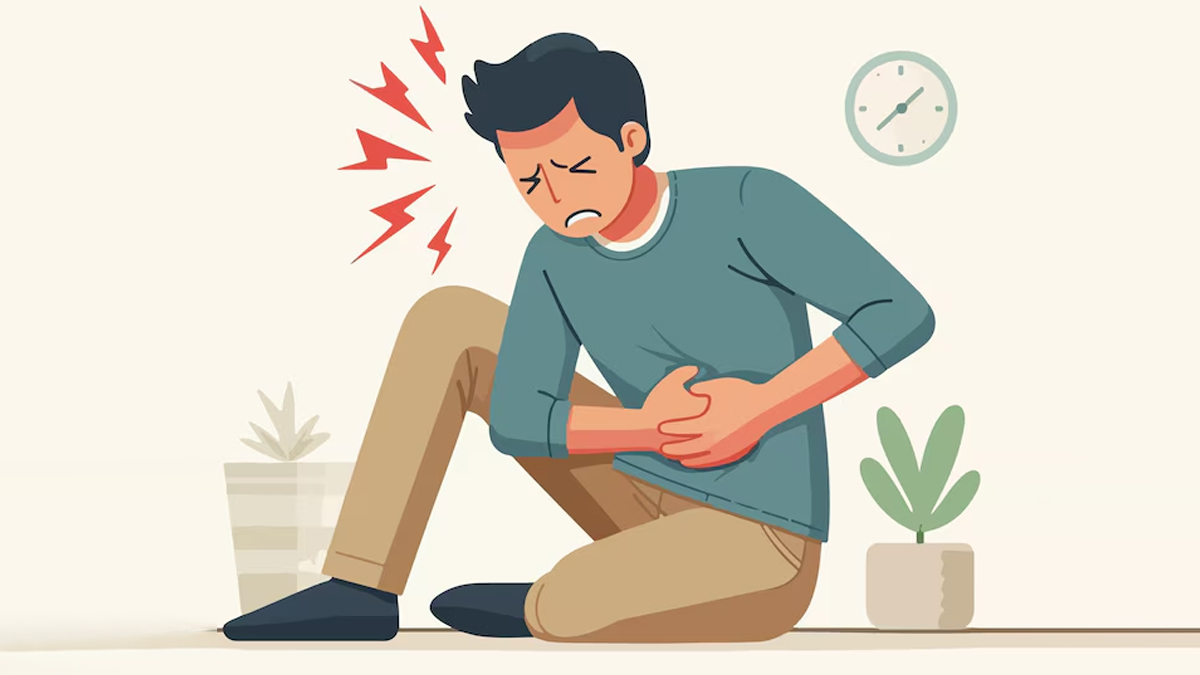
Acidity is a common digestive issue that many people experience. While most are familiar with acidity after meals, acidity between meals can also be a frustrating and uncomfortable problem. This sensation, typically characterised by a burning feeling in the stomach or chest, can disrupt daily life. The good news is that understanding its causes and adopting some simple habits can significantly reduce these episodes.
Acidity occurs when the stomach produces excess gastric acid, which helps digest food. When this acid comes into contact with the lining of the stomach or oesophagus, it can lead to heartburn or discomfort. Acidity between meals, as the term suggests, happens when this sensation occurs in the absence of food. This type of acidity can be more challenging to manage because the stomach is empty, yet acid is still being produced, leading to irritation.
Causes of Acidity Between Meals
Several factors can contribute to acidity between meals:

Skipping meals: Research has shown that the stomach maintains a basal level of acid production even when it's empty. When you go too long without eating, the stomach continues to produce acid in anticipation of food. Without anything to neutralise the acid, it can irritate the stomach lining, leading to that burning sensation.
Poor eating habits: Eating too quickly, consuming heavy or spicy foods, or having irregular meal times can throw off the body's digestive rhythm, leading to acidity even in between meals.
Stress: Emotional and mental stress can trigger the release of stomach acid. Studies suggest that people who experience high levels of stress often report more frequent episodes of acidity, even when they haven’t eaten. A study found that people with high-stress levels and irregular eating habits were more prone to experiencing acidity between meals.

Caffeine and smoking: Both coffee and cigarettes can stimulate acid production in the stomach, leading to heartburn or acidity between meals.
Underlying medical conditions: Conditions like gastroesophageal reflux disease (GERD) or ulcers can lead to persistent acidity even without food in the stomach.
Also read: Can Acidity Induce Anxiety? Here's How You Can Take Proactive Steps To Deal With It
Tips to Avoid Acidity Between Meals
Now that we’ve looked at what acidity between meals is and what causes it, let’s explore some practical tips to avoid it.

Eat small, frequent meals: Instead of sticking to three large meals a day, opt for smaller, more frequent meals. This keeps your stomach from being empty for too long and prevents acid buildup.
Stay hydrated: Drink water regularly throughout the day, but avoid drinking too much water with meals as this can dilute stomach acid, making digestion less efficient. Staying hydrated helps in diluting stomach acids and reduces the chances of acidity.
Avoid trigger foods: Certain foods can increase stomach acid production. Spicy foods, acidic foods (like tomatoes and citrus fruits), and high-fat meals can exacerbate acidity. Identify your triggers and avoid them, especially between meals.

Chew sugar-free gum: Chewing gum stimulates saliva production, which can help neutralise stomach acid. Opt for sugar-free gum, as sugar can sometimes aggravate acidity.
Avoid caffeine and smoking: Cut back on coffee and cigarettes, especially during times when your stomach is empty. Both caffeine and nicotine are known to stimulate acid production, worsening acidity between meals.
Manage stress levels: Since stress is a known trigger for acidity, managing your stress through relaxation techniques such as deep breathing, meditation, or yoga can help. Regular physical activity is also beneficial in lowering stress levels.
Elevate your head while sleeping: If you frequently experience acidity, even at night, consider sleeping with your head slightly elevated. This can prevent stomach acid from rising into your oesophagus.
Herbal remedies: Certain herbal teas, such as ginger or chamomile, are known for their soothing effects on the digestive system. Sipping on these teas between meals can help prevent acidity.
Conclusion
Acidity between meals is a common issue that can significantly impact daily life. However, by understanding its causes and implementing some simple lifestyle changes, you can effectively prevent it. Eating smaller, frequent meals, avoiding known triggers like caffeine, and managing stress levels can make a world of difference. Additionally, staying hydrated and chewing sugar-free gum are practical ways to neutralise stomach acid. Adopting these habits will not only help in avoiding acidity but will also promote overall digestive health.
Also watch this video
How we keep this article up to date:
We work with experts and keep a close eye on the latest in health and wellness. Whenever there is a new research or helpful information, we update our articles with accurate and useful advice.
Current Version
